Anxiety
A lot of the clients I see come in because their anxiety has started to interrupt their lives making it difficult to participate in relationships, function at work, sleep, or perform daily tasks. Clients want to know the cause and how to “fix it.” But there is often not just one cause, there could be a number of factors influencing the anxiety: trauma, medical issues, circumstances, diet, exercise (usually lack thereof), an upcoming event, or another undetermined mental health diagnosis (es).
Also, you may find that feel an increase in anxiety when things are going well. Like it’s too good to be true? Our middle brain is wired to look for threats and avoid pain. So it makes sense that we feel tricked or unsettled when things are going well. However, this part of our brain can easily hijack our feelings and send messages of worry when there is no external threat. It’s the role of the executive part of our brain to rationalize and present evidence to our middle brain that we are safe and there is no need to panic.
So, some things to consider:
“Clients want to know the cause and how to ‘fix it.’”
- Try not to ignore or give into the anxiety. Be an observer. Be a feelings scientist. Notice the anxiety. Where do you feel it? What kind of thoughts arise? What emotions are prominent?
- Explore your context. Where are you? Do you have historical experiences that mimic the one you’re in? Who is around you? Get curious versus falling into the old habit of letting the anxiety take over.
- Do a body scan. Have you eaten something recently? Did you get enough sleep last night? How much caffeine did you have today? Have you been to the doctor recently (elevated heart rate , thyroid irregularities, anemia, and high blood pressure can cause increased anxiety)?
- Start participating in restful and nurturing rituals. What relaxes you? What practices do you want to start integrating into your daily routine. These routines and rituals give your brain predictability which equates to safety (allowing us to avoid living in our middle brain). Meditate in the morning. Go for a walk at lunch. Practice affirmations.
Also, answering these questions and practicing these rituals forces us to access the frontal and executive regions of our brain. Once we can access this part, we can then start using positive self-talk and compassion to ease the anxiety. “I feel this way because I’ve been let down before.” “This is not my new normal, and I have choice in the way I feel.” “I am worthy of positive life experiences.” These are great exercises to bring up with a mental health practitioner. I bet they also have some innovative ideas.
“This is not my new normal, and I have choice in the way I feel.”
Most of us are happy to provide tools because we also see a lot of clients coming in for a quick fix. Quick fix= medication. Now, there are really effective medications that can help support individuals who live with anxiety. These medications fall under “benzodiazepines.” They are highly addictive and treat your symptoms, ignoring the underlying causes. Now I’m not one to shun pharmaceuticals entirely. I feel like they have their place. I also feel like we over prescribe in this country. That quick fix is enticing, and some doctors will support that. But this mentality can have big repercussions. Research shows that NO one drug is effective on its own. Medications are most effective when working in tandem with psychotherapy. And ultimately, the goal should be for each client to have the opportunity to be weaned off medication entirely after major cognitive and behavioral repair has been done. These types of medications are indeed messing with brain chemistry, and the side-effects can be substantial. Some tips when you start anxiety reducing medication....
1. Learn to advocate for yourself. If you never ask, you’ll never know.
2. Do your research before and after visiting the doctor. I don’t mean webMD every symptom you have, but understand your options.
3. If possible, try alternative therapies first. If your doctor/therapist don’t have these readily available, ask THEM to do THEIR research.
4. Know the side-effects. When you start taking a medication, you WILL experience the side-effects of the drug first and then the therapeutic benefit second. Be prepared, as a lot of people will take themselves off the drug, reporting that the drug isn’t working. We always recommend starting your healing journey with facts.
It’s important to remember that anxiety is normal. Anxiety is built into our brain to keep us alive, so we don’t want to rid ourselves of it. However, we also don’t want to live anxiously. A good therapist (and psychiatrist) can be your guide on this journey towards healthy relationships, success in your career (or school), and the ability to thrive.


